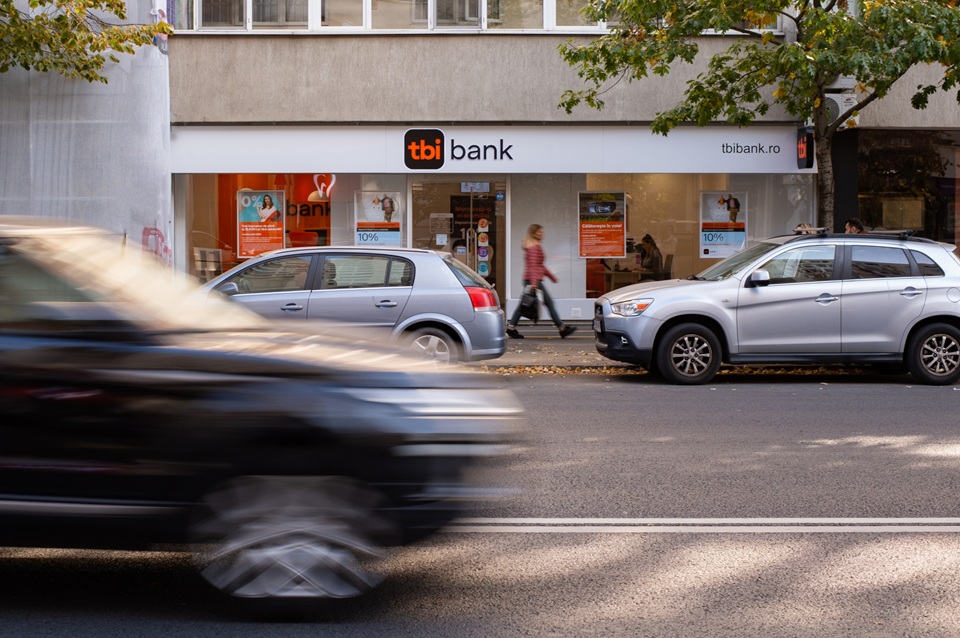Copyright thebftonline

By Joshua Worlasi AMLANU Trade-based money laundering has emerged as the new front in West Africa’s fight against illicit finance, as regulators warn that criminal networks are exploiting trade and banking systems to move billions of dollars across borders undetected. At the 2025 FATF/GIABA Joint Experts Meeting in Accra, Director-General of the Inter-Governmental Action Group against Money Laundering in West Africa (GIABA), Edwin W. Harris Jr., said trade-based financial crimes are now among the most complex and least understood threats facing the region. He cautioned that no country can yet claim victory against money laundering or terrorist financing. “To be absolute and say we are winning the fight, nobody can say that,” Mr. Harris said. “But efforts are being made daily and the meeting here is part of that collective push.” The Accra forum brought together anti-money laundering (AML) and counter-terrorist financing (CFT) experts from across the Financial Action Task Force (FATF) global network to discuss emerging typologies, with trade-based crime topping the agenda. According to Mr. Harris, criminal groups increasingly exploit cross-border trade systems, digital payment channels and corporate fronts to move illicit proceeds, undermining tax collection, distorting markets and eroding public trust in financial institutions. He noted that GIABA’s ongoing regional project on trade-based financial crime will help develop risk indicators and case studies to guide banks, Customs agencies and regulators in detecting suspicious trade flows. “Our response must be agile, evidence-based and regionally coherent,” he said. The problem’s scale is staggering. Data reviewed by Business & Financial Times revealed that between April 2020 and August 2025 commercial banks in Ghana alone facilitated about US$20billion of foreign transfers without corresponding imports. The transactions, representing roughly GH¢31billion, were made through import declaration forms that failed to meet documentation thresholds set by the Bank of Ghana. Some financial analysts have said that several banks processed multiple transfers for the same clients despite red flags, suggesting weak compliance oversight. Less than two percent of all transfers during the five-year period were matched with actual imports, resulting in about GH¢22.6billion of estimated revenue losses from unpaid duties and taxes. Albert Kojo Twum Boafo, Chief Executive Officer-Ghana Financial Intelligence Centre (FIC), described this trend as deeply worrying and said the country is strengthening its legal and operational response ahead of GIABA’s third-round mutual evaluation. “We are first to undergo the third-round peer review and several measures are being enacted to enhance how we deal with money laundering,” he said. “The criminals are using sophisticated tools – including artificial intelligence – and we must stay ahead of them.” Mr. Boafo said the FIC works closely with banks to flag suspicious trade transactions but urged faster cooperation. “If banks alert us in real-time, we can act immediately instead of after funds have been dissipated,” he added. The meeting also highlighted regional progress, with Burkina Faso and Nigeria recently removed from FATF’s “grey list” of jurisdictions under increased monitoring. Mr. Harris said the delisting reflects “growing maturity in the region’s collective response”, but cautioned that vigilance remains critical as illicit trade networks evolve.



